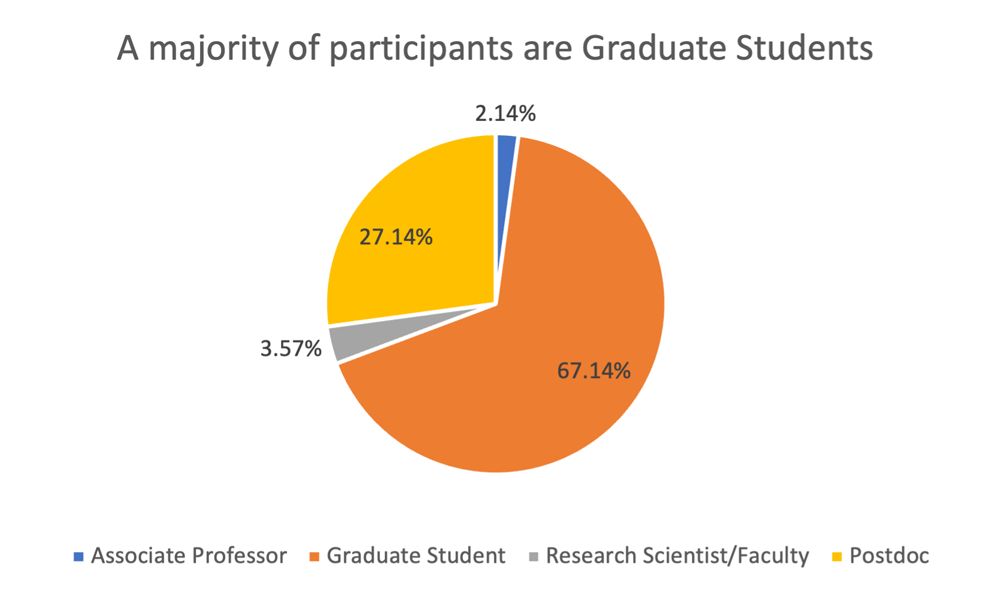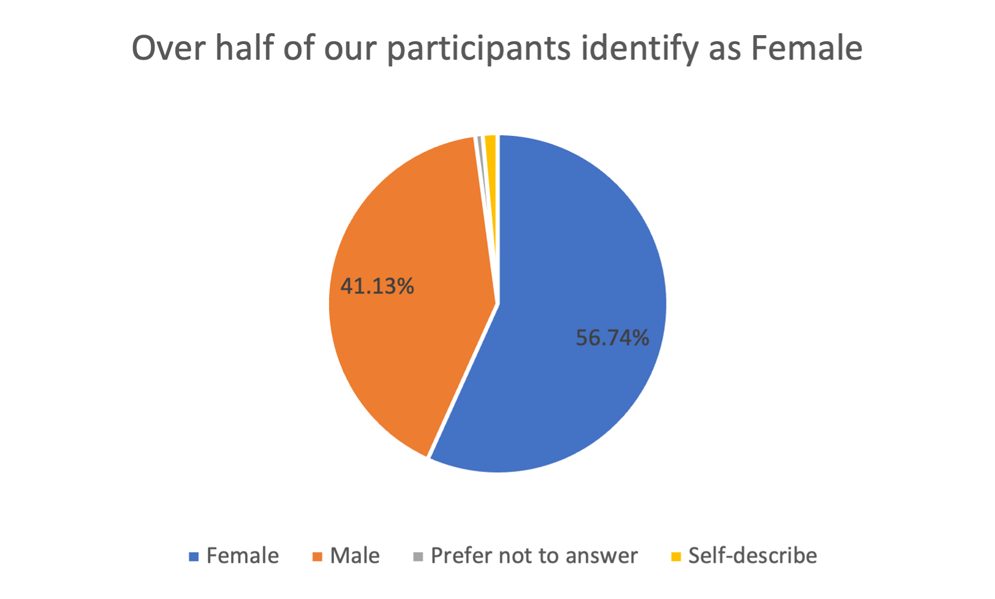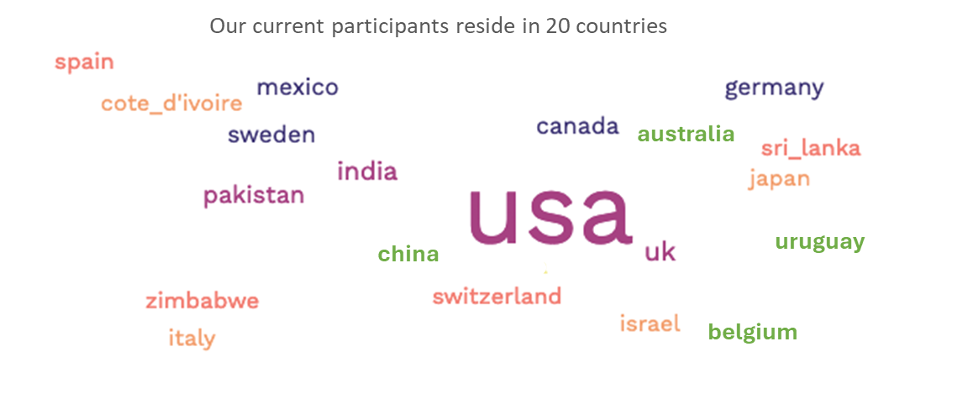As the largest and most diverse group among active researchers, early career researchers are vital to the future of publishing, and they have much to offer the scientific community. Bringing new perspectives and often working at the forefront of new technologies, these researchers will decide where and how they want to publish, and as the peer reviewers of the future, they will play an essential role in ensuring the continued high quality of published research. Recognizing their important role within the scientific enterprise, GSA strives to engage early career researchers in the peer review process from the earliest stages of their careers.
As part of Peer Review Week, we are featuring the GSA Journals Peer Review Training Program, which brings early career researchers directly into the peer review process. Here, we provide an update on the program, highlighting changes we have made over the years as well as ways our program is continuing to grow.
Changes and growth in the GSA Journals Peer Review Training Program
Launched in 2017 as the GENETICS Peer Review Training Program, the GSA Journals Peer Review Training Program was developed in response to community feedback indicating a lack of formal training in peer review. It has been offering training and real-world peer review experience to early career researchers from around the world ever since.
To date, over 350 early career researchers have participated in the program. It is important that our applicant pool is representative of the diversity among early career researchers, so we have worked to identify and remove barriers from the application process as the program has evolved.
- To avoid using career stage as a proxy for expertise, we ask those reviewing applications to focus on the expertise presented in the application rather than where the applicant is in their career.
- We strive to include participants who otherwise lack the opportunity for training and experience in peer review, asking applicants to detail their lack of opportunity to peer review. Examples might include attending a non-R01 or non-high impact institution, working in a low-impact lab, having a mentor who doesn’t offer opportunities for or training in peer review, or other factors.
- We eliminated recommendation letters to ensure that everyone can apply regardless of their network or connections. This also helps level the playing field to a degree, allowing applicants to stand on their own merits.
The 2023 group of participants live in 20 countries. Though the majority currently reside in the U.S.A., we recognize that some are likely international students. We are indeed reaching scientists in the earliest stages of their careers, as the majority of participants are graduate students, followed by postdocs. Over half of our participants identify as female. We are pleased to be serving a diverse group of early career researchers from around the world.



Expanding the program to G3: Genes|Genomes|Genetics
We are continually exploring ways for the program to grow and are excited to expand the program to G3 in early 2024. We have updated the name of the program to reflect this change. Across their two years in the program, participants will spend their first year reviewing manuscripts for GENETICS before spending their second year reviewing at G3—or vice versa. Expanding the program across both GSA Journals will benefit both participants and our journals:
- Benefits to participants:
Reviewing papers submitted to journals that differ in scope broadens the experience for participants. Expanding to both journals allows the program to serve an increased number of participants. - Benefits to our journals:
Including early career reviewers at our journals increases the fairness of peer review. It also expands and diversifies our existing reviewer pool as program alumni often continue to review for our journals after completing the program.
As the publishing landscape shifts and evolves, the need for peer reviewers to provide thoughtful and constructive feedback will continue to be vital in ensuring the quality and credibility of published research. Commitment to including early career researchers in this process is a crucial part of ensuring quality peer review into the future.
We are excited about the progress the GSA Journals Peer Review Training Program has made and will continue to evaluate ways our program can evolve to support the large and diverse group of early career researchers in our field.




